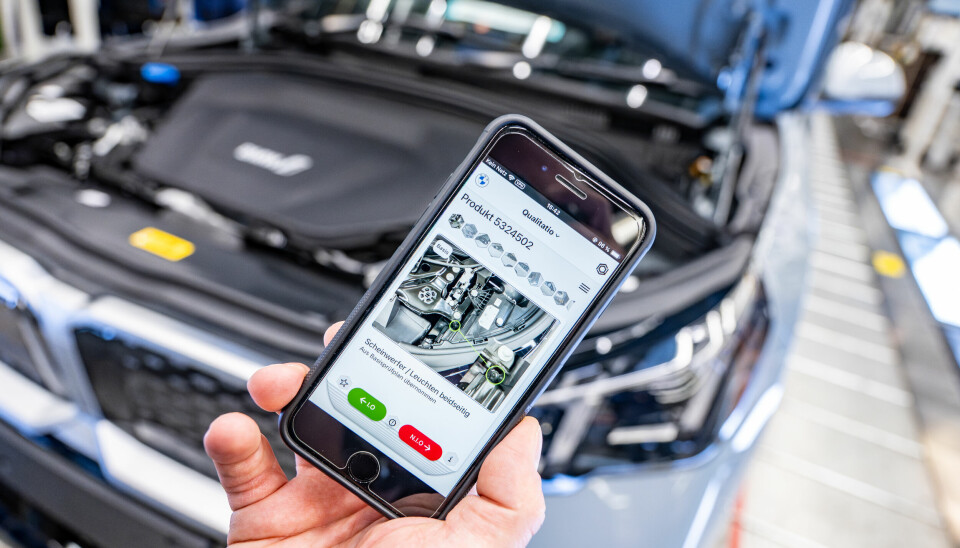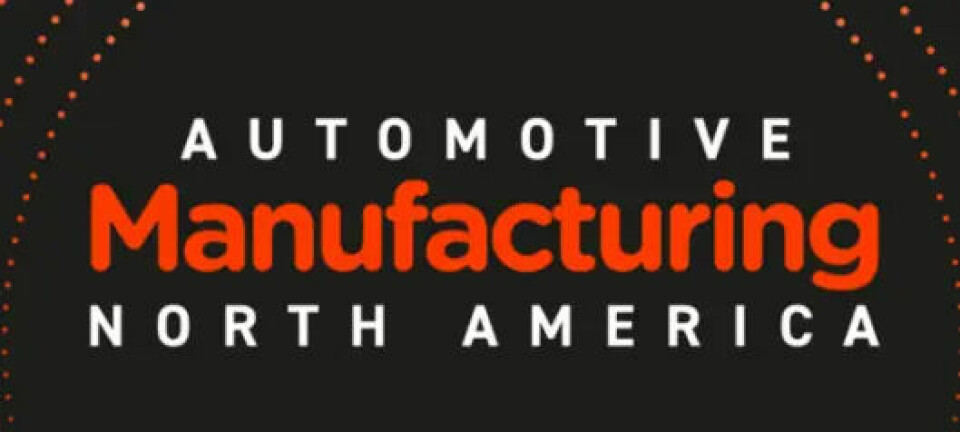Digital Transformation
BMW Regensburg deploys GenAI to reinvent quality checks

BMW’s Regensburg plant is using generative AI to automate bespoke quality inspections, enhancing speed and consistency across its complex, mixed-model production.
At Regensburg, a new car is completed every 57 seconds.
For all the ambition of smart factories and connected systems, the final frontier of automotive digitalisation may be quality control. At BMW Group Plant Regensburg in eastern Bavaria, engineers are turning to artificial intelligence to both supercharge defect monitoring, and in true BMW-style, to redesign the inspection process itself.
The pilot project, dubbed “GenAI4Q,” is centred on generative AI that tailors quality control protocols to individual vehicles as they leave the assembly line. Developed in-house by BMW and the Munich-based startup Datagon AI, the system analyses vehicle specifications, real-time production data and factory conditions to create bespoke inspection checklists for each of the roughly 1,400 cars assembled daily.
“Our AI tool generates an individual inspection catalogue for each specific customer vehicle,” explains Rüdiger Römich, responsible for Test Floor and Finish at the Regensburg plant. That catalogue is pushed directly to workers’ smartphones, where an app guides the inspection sequence. “Intuitive usability makes it easy to record findings. Employees can also access additional functions when needed – for example, a microphone icon in the app activates voice recording.”
The system’s speech recognition engine transcribes the technician comments, and applies standardised coding, supporting later traceability and analytics. This learning-based model adapts its logic as conditions evolve, sharpening accuracy over time.
From repetition to recognition at BMW
Quality inspection, historically a manual safeguard at the end of the line, is now becoming a data-informed decision process. At Regensburg, a new car is completed every 57 seconds. Each unit can vary widely depending on drivetrain, equipment, and market-specific options. Internal combustion engines, plug-in hybrids and fully electric drivetrains are all produced on a single line.
The use of artificial intelligence supports the digital transformation of BMW Group production towards an intelligently connected factory – for example, we are using AI for quality control in vehicle assembly
This complexity makes uniform inspection ineffective. “The use of artificial intelligence supports the digital transformation of BMW Group production towards an intelligently connected factory – for example, we are using AI for quality control in vehicle assembly,” says Armin Ebner, head of BMW Group Plant Regensburg. “In this way, we are optimising our production processes and creating added value for our products and, ultimately, for our customers.”
BMW’s quality standards are famously stringent, and the Regensburg plant has long maintained an elaborate system of intermediate and final checks. Trained personnel still inspect every car before it leaves the plant, but the AI now defines what matters most, in what sequence, and for which car.
By learning from data streams generated during production, the system can prioritise likely trouble points, whether linked to specific options, suppliers, or production shifts. The AI’s capacity to recognise correlations at scale allows BMW to move away from checklists written for averages, toward inspections built around real-time individual context.
Scaling the intelligent factory
The GenAI4Q initiative is just one facet of BMW’s broader digital ambitions at Regensburg. The site, in operation since 1986, was recently named “Factory of the Year” in the category of “excellent large-series assembly.” It is one of more than 30 BMW Group production locations globally, and it has become a flagship for the BMW iFACTORY strategy, which aims to combine flexibility, efficiency and digitalisation across the value chain.
Around 1,400 vehicles – primarily BMW X1 and X2 models – leave Regensburg daily. This includes ICE, PHEV, and BEV variants, all built on the same line, for markets around the world. Production for BMW’s next-generation NEUE KLASSE architecture will begin there in the second half of the decade. BMW has already created a virtual replica of the plant to simulate the future operating model.
Meanwhile, its sister facility in Wackersdorf supports cockpit production and parts supply for BMW’s overseas operations. The Wackersdorf site is also evolving: a new battery testing centre will go live in autumn 2024, and a dedicated door and flap centre for Rolls-Royce is establishing fresh technical capabilities. Between Regensburg and Wackersdorf, BMW employs about 9,250 people, including 350 apprentices.
The rollout of AI for quality control fits squarely into this regional industrial strategy. It suggests that the dream of intelligent production is moving beyond digital dashboards and predictive maintenance. Instead, it is reshaping the human-machine interface, refining where human effort adds value, and automating the rest.
As the complexity of vehicle manufacturing grows, the ability to inspect what matters, and only what matters, may prove as valuable as the ability to produce at scale. At Regensburg, the machines are not just building cars. They are beginning to check them too.





